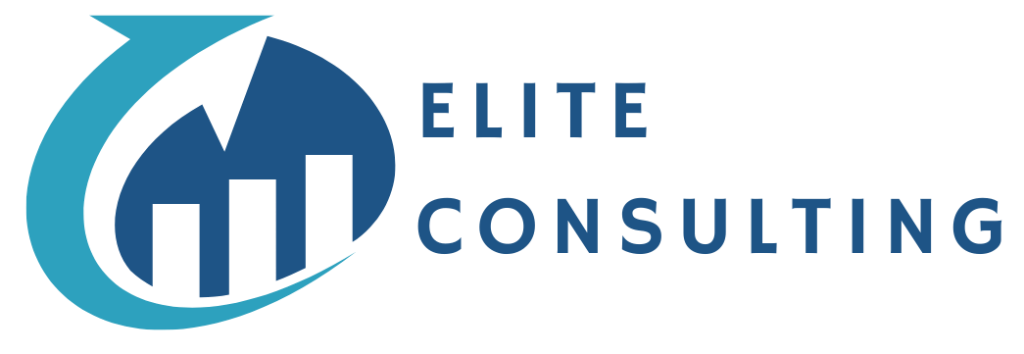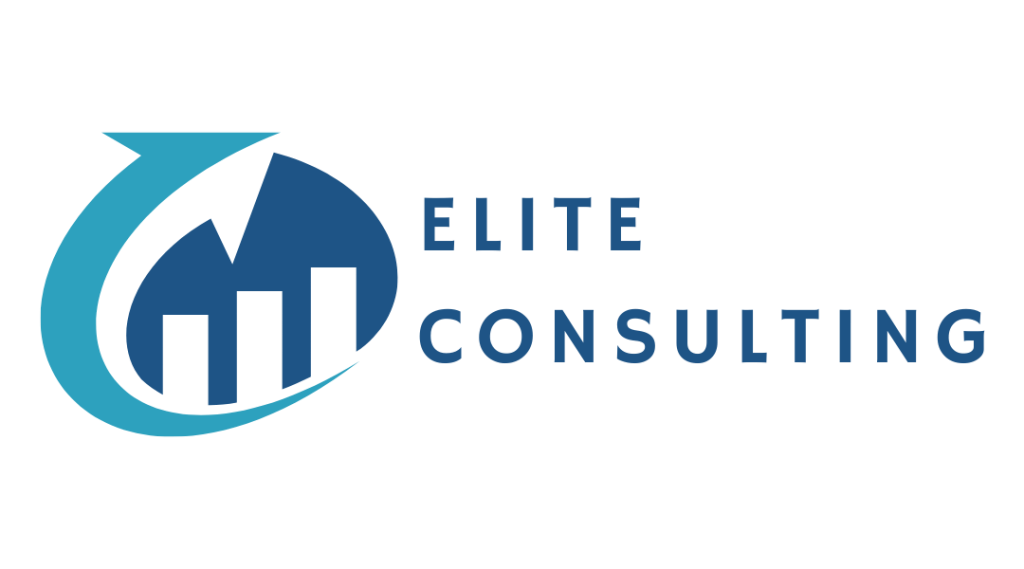Companies operating in Morocco are subject to various taxes and levies, which vary depending on the sector and turnover. Here is an overview of the main taxes:
Corporate Tax (IS):
The corporate tax is levied on the profits earned by a company. The tax rate depends on the amount of profit:
- 10% for net profit below 300,000 MAD,
- 20% for profit between 300,001 and 1,000,000 MAD,
- 31% for profit exceeding 1,000,000 MAD.
Some companies, such as small and medium-sized enterprises (SMEs), may benefit from partial exemptions during the initial years.
Value-Added Tax (VAT):
VAT is applied to the sale of goods and services in Morocco. The standard rate is 20%, but there are reduced rates (14%, 10%, or 7%) for certain essential products and services, such as catering, social housing construction, or healthcare products. Companies collect this tax and remit it to the state.
Income Tax (IR):
This tax applies to sole proprietorships and freelance professionals. It is levied on net income generated, with rates ranging from 0% to 38% depending on income brackets. This tax also applies to salaries paid to employees.
Social Solidarity Contribution:
This tax is imposed on companies with high profits to support national solidarity. It is temporary and applies to companies exceeding a certain profit threshold.
Local Taxes:
These include the professional tax, housing tax for business premises, and signage tax. Rates vary depending on the municipality where the company is located.






